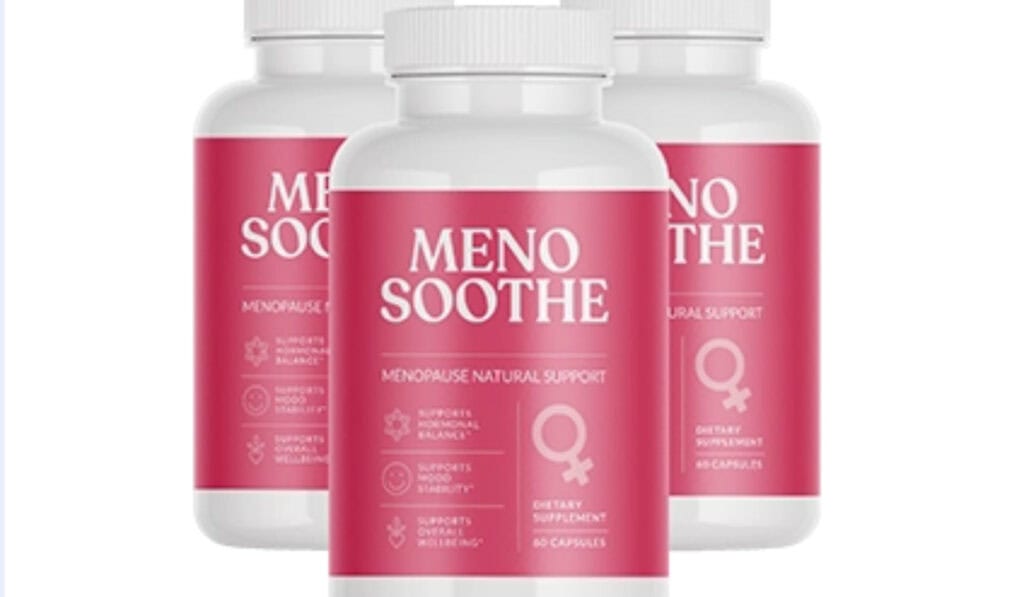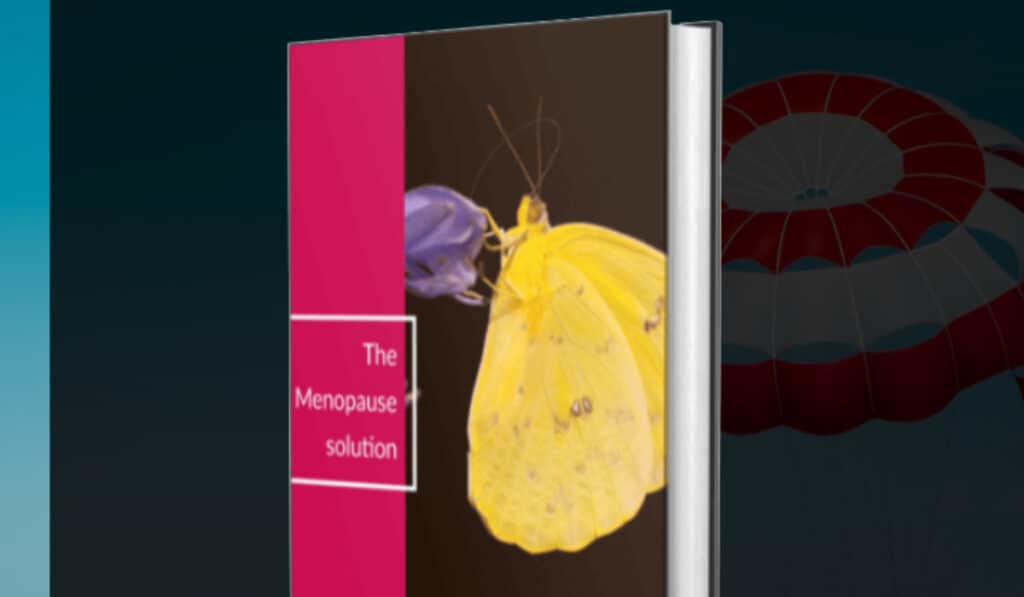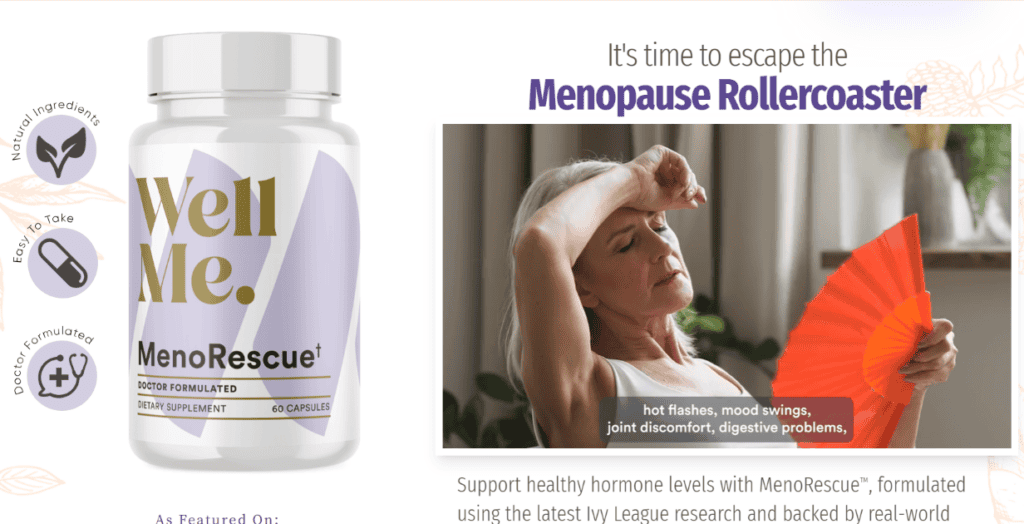How to Incorporate Them Into Your Lifestyle
Making the right lifestyle choices is key to maintaining bone health during menopause. This period brings changes that can affect your bones, but with a few adjustments, you can keep them strong. Incorporating foods rich in essential nutrients and staying active are steps in the right direction. By focusing on a diet filled with calcium and vitamin D and engaging in weight-bearing exercises, you’re setting up a solid foundation for your bone health.
Beyond diet and exercise, understanding the impact of menopause on your bones and the importance of nutrients like calcium and vitamin D can guide your lifestyle choices. Opting for green leafy vegetables and dairy products, or their plant-based alternatives, ensures you’re getting enough calcium. Meanwhile, catching some sunlight and consuming fortified foods can boost your vitamin D levels, crucial for bone metabolism. Remember, your choices today have a long-lasting impact on your bone health.
Understanding the Impact of Menopause on Bone Health
Menopause marks a time when your body undergoes significant changes that can affect your bones. The decline in estrogen levels during menopause can lead to a decrease in bone density, making your bones more fragile. This is why making informed lifestyle choices during this period is essential for maintaining strong and healthy bones.
Why Does Bone Health Matter More During Menopause?
During menopause, your body faces challenges in maintaining bone density, making it crucial to focus on bone health. Following a well-balanced diet rich in calcium and vitamin D plays a pivotal role in supporting your bones. This approach helps counteract the natural loss of bone density, ensuring your bones remain strong and capable of supporting your active lifestyle.
The Link Between Menopause and Osteoporosis
Menopause is a significant risk factor for osteoporosis, a condition where bones become weak and brittle. The hormonal changes that occur during menopause accelerate bone loss, increasing the risk of fractures. Understanding this link emphasizes the importance of taking proactive steps towards maintaining bone health through diet, exercise, and lifestyle adjustments.
Key Nutrients Essential for Bone Health in Menopause
For older adults, especially those going through menopause, certain nutrients become crucial for bone health. Calcium and vitamin D top the list, supporting bone formation and maintenance. Including leafy greens in your diet can provide calcium, while vitamin D can be synthesized through sunlight exposure and absorbed from foods.
The Crucial Role of Calcium
Calcium is the cornerstone of strong bones. Your body needs a steady supply, which it finds in various sources of calcium like dairy products, green leafy vegetables, and fortified foods. Ensuring you consume enough calcium daily supports your bones and helps prevent bone loss associated with menopause.
Vitamin D: The Sunshine Vitamin
Vitamin D plays a role in bone metabolism, helping your body absorb calcium. You need about 10 micrograms of vitamin D from sunlight or supplements daily, especially during autumn and winter. Foods like fortified foods and egg yolks are good sources of vitamin D, essential for treating osteoporosis and maintaining bone health.
At-Risk Groups for Vitamin D Deficiency
Some people are at greater risk of vitamin D deficiency, including those with limited sun exposure and certain health conditions. The Department of Health recommends taking a daily supplement to ensure adequate levels, particularly for individuals who may not get enough vitamin D from sunlight due to lifestyle or geographical reasons.
The Potential Risks of Excessive Vitamin A
Getting too much Vitamin A can be harmful to your bones. This is because large amounts of Vitamin A can weaken them, making it easier for them to break. It’s important to find a balance in your diet, making sure you don’t take in more Vitamin A than you need. Remember, balance is key to keeping your bones healthy during menopause.
Supplementing Bone Health in Menopause
As you go through menopause, your bone health becomes more important. Taking supplements can help keep your bones strong. But, it’s not just about taking any supplement. You need to know which ones are best for your bone health during this time. We will explore some effective options.
Effective Supplements for Bone Health
For stronger bones, consider supplements with Vitamin K2 and Calcium. Vitamin K2 plays a crucial role in maintaining the bone matrix, a network that keeps your bones strong. Calcium is vital for bone strength too. Together, they work to protect your bones, keeping them healthy and strong during menopause.
How to Choose the Right Supplement
Choosing the right supplement for bone strength involves understanding what your body needs. Look for ones that have Vitamin K2 and support the bone matrix. These ingredients are key for maintaining bone strength. Always check with a healthcare provider to make sure the supplement is right for you and your bone health goals.
Lifestyle Adjustments Supporting Bone Health
Simple changes in your daily routine can have a big impact on your bone health. This includes eating right and staying active.
The Importance of Weight-Bearing and Muscle-Strengthening Exercises
Exercises that make you work against gravity are great for your bones. They help increase the rate of bone building. Activities like walking, dancing, or lifting weights can make a big difference. They make your bones stronger and help you stay healthy.
How Often Should You Exercise for Optimal Bone Health?
To keep your bones in top shape, try to exercise most days of the week. Aim for at least 30 minutes of weight-bearing or muscle-strengthening activities. This can be broken into smaller chunks of time if needed. Regular exercise is key to improving bone strength and health.
Balancing and Flexibility Workouts
Adding balance and flexibility exercises to your routine can also protect your bones. These exercises help prevent falls, reducing the risk of broken bones. Yoga and tai chi are great options. They improve your balance, flexibility, and overall bone health.
The Impact of Smoking and Alcohol on Bone Health
Smoking and drinking too much alcohol can hurt your bones. Living a healthy lifestyle by quitting smoking and limiting alcohol can improve your bone health. This helps your bones stay strong and reduces the risk of breaks or fractures.
Diagnosing and Monitoring Bone Health
Keeping an eye on your bone health is important, especially as you get older. There are ways to check the strength and health of your bones.
The Role of DEXA Scan in Diagnosing Osteoporosis
The DEXA scan is a special test that shows how strong your bones are. It can tell if you’re at a greater risk for broken bones or if you have osteoporosis. Women over 50 should think about getting this scan. It’s a good way to keep track of your bone health and take steps to keep your bones strong.
When to Consider Booking a Bone Health Consultation
If you’re worried about your bones or have risk factors for osteoporosis, it’s a good idea to talk to a doctor. They can guide you on the right path to keeping your bones healthy. This might include lifestyle changes, supplements, or tests like the DEXA scan.
Enhancing Bone Health Through Diet
Eating the right foods can make a big difference in your bone health. Let’s look at what kinds of foods are best for keeping your bones strong.
Foods Rich in Calcium and Vitamin D
To keep your bones strong, focus on foods high in Calcium and Vitamin D. Green leafy vegetables and dairy products are great sources of calcium. Your body also makes Vitamin D from sunlight, which helps it absorb calcium. These nutrients are very important for older women to prevent postmenopausal osteoporosis.
Managing Diet for Vegans and Vegetarians
If you’re a vegan or vegetarian, you can still get enough calcium for strong bones. Sesame seeds and tahini are excellent plant-based sources of calcium. Including these in your diet can help you maintain strong and healthy bones during menopause.
The Role of Community and Support
Going through menopause can feel like a solo journey, but it doesn’t have to be. Finding a community that understands what you’re going through can make a big difference in how you manage symptoms, especially when it comes to maintaining bone health. Communities, either online or in person, offer a space to share experiences, tips, and encouragement. They can help you stay motivated in making lifestyle changes that support your bones, such as exercising regularly and eating a bone-healthy diet. Connecting with others who are facing similar challenges can provide emotional support and valuable information to help you navigate menopause with confidence.
Joining Supportive Communities for Menopause and Bone Health
Searching for the right community might seem daunting, but there are many groups focused on menopause and bone health. Whether you prefer online forums, social media groups, or local meet-ups, there’s likely a community that fits your needs. These groups often share a wealth of knowledge about how to care for your bones during menopause, from diet tips to exercise advice. Being part of such a community can make you feel understood and less alone on your journey.
Resources and Consultations Available
Within these supportive communities, you can find a variety of resources and opportunities for consultations. Many groups offer access to experts in menopause and bone health, such as dietitians, exercise coaches, and healthcare providers. These professionals can offer personalized advice and answer your questions. Additionally, community resources might include webinars, informational brochures, and links to reputable health websites. Taking advantage of these resources can empower you with the knowledge to make informed decisions about your bone health during menopause.
Navigating Bone Health in Menopause: A Comprehensive Approach
Taking care of your bones during menopause means looking at the big picture. This includes eating the right foods, like sardines and mackerel, which are great for your bones. Also, don’t forget about dried fruit, cabbage, and broccoli. These foods help a lot. Some foods have vitamin D added to them to help your body use calcium better, which keeps your bones strong. It’s also smart to be careful with how much vitamin A you get because too much can make your bones weak. Remember, your bones might break easier during menopause because they get thinner. This happens because of changes in hormones like the parathyroid hormone. Some women might choose hormone therapy to help with these changes. Plus, eating fermented foods can also support your bone health by improving how you absorb vitamins and minerals. Keeping your bones healthy is a big part of women’s health, especially during menopause.




